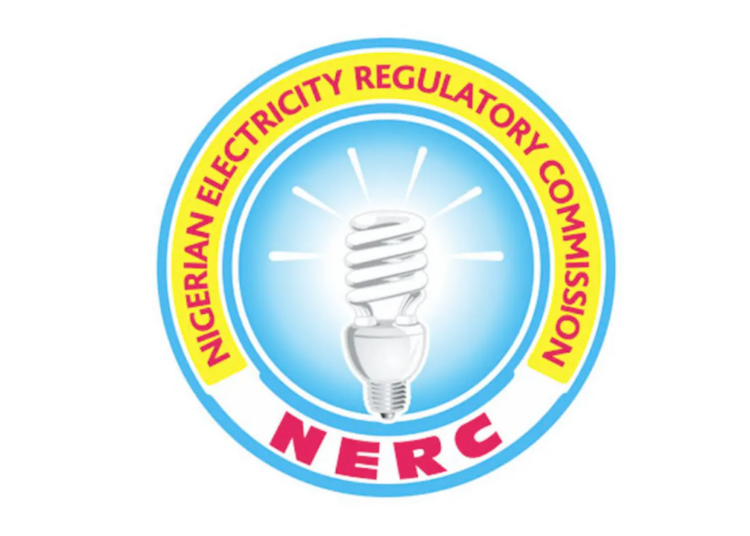The Nigerian Electricity Regulatory Commission (NERC) has cautioned states sourcing power from the national grid against maintaining separate tariff structures that could disrupt the overall electricity market.
A public notice from NERC on Thursday night said even though the 2023 Electricity Act gave states the power to regulate electricity in their domain, states regulatory power do not supersede that made by the National Assembly to regulate electricity in the federation.
The warning comes amid the plan by
the Enugu State Electricity Regulatory Commission (EERC) to reduce the tariff for Band A customers in the state from N209/Kwh to N160/Kwh, which has created confusion and mixed reaction in the sector on who would pay for the shortfall of the tariff.
Recall that the ongoing decentralisation of the Nigerian Electricity Supply Industry (NESI), has transferred regulatory oversight of intra-state electricity markets to various state regulatory bodies.
According to the public notice issued by NERC management, “States that have assumed full regulatory oversight over their intra-state markets are now authorised to create and regulate transactions in their state electricity markets within the confines of powers granted to them by the Constitution, the EA [Electricity Act 2023], and their enabling law; and this extends to the development of tariff methodologies that shall apply to end-use customers in their respective States.”
However, NERC stressed that states receiving electricity from the national grid cannot simply impose different tariff regimes for end-use customers.
“As states do not have jurisdiction over the national grid and over electric power stations established under federal laws or operating under licences issued by the Commission, they must holistically incorporate the wholesale costs of grid supply to their states without any qualification or deviation in their design of tariffs for end-use customers,” the Commission said.
NERC added, “Failure to do so risks distorting the dynamics of the market or necessitates a policy intervention by way of a subsidy for any deviation in the tariff structure that distorts the wholesale generation, transmission, and legacy financing costs in NESI.”
The concern follows backlash over a tariff order issued by the Enugu State Electricity Regulatory Commission (EERC). The tariff order reduced Band A customer tariffs in the Enugu licensee, Mainpower Electricity Distribution Limited (MEDL), to NGN160.4 per kWh – a cut achieved largely by slashing the generation tariff from NGN112.60 per kWh to NGN45.75 per kWh, presumably subsidised by an assumed component.
NERC acknowledged stakeholders’ concerns: “The Commission’s attention has been drawn to the increasing stakeholders’ concerns on the Tariff Order (Order No. EERC/2025/003) issued by the Enugu State Electricity Regulatory Commission to its Licensee Mainpower Electricity Distribution Limited that relies exclusively on electricity supply from the national grid.”
On the tariff reduction, the Commission stated, “It is pertinent to state that the NGN160.4 per kWh was arrived at largely by reducing the current average Generation Tariff of NGN112.60 per kWh to NGN45.75, with an assumption of subsidy component, a difference of NGN66.85 per kWh.”
“It is pertinent to state that the NGN160.4 per kWh was arrived at largely by reducing the current average Generation Tariff of NGN112.60 per kWh to NGN45.75, with an assumption of subsidy component, a difference of N66.85 per kWh.
It added that Section 34(1) of the EA places a statutory obligation on the Commission to “create, promote and preserve efficient electricity industry and market structures, and ensure the optimal utilization of resources for the provision of electricity and we are also aware that EERC as a sub-national electricity regulator also has a similar statutory obligation in their enabling law, and neither NERC nor EERC as responsible regulatory institutions would take decisions that expose the national grid and wholesale electricity market to a financial crisis in contravention of express powers granted to them by the Constitution.
Reaffirming its role, NERC said, “Section 34(1) of the Electricity Act places a statutory obligation on the Commission to create, promote and preserve efficient electricity industry and market structures, and ensure the optimal utilisation of resources for the provision of electricity.” The Commission added, “Neither NERC nor EERC as responsible regulatory institutions would take decisions that expose the national grid and wholesale electricity market to a financial crisis in contravention of express powers granted to them by the Constitution.”
NERC assured all stakeholders that it is working collaboratively with Enugu’s regulator, emphasising,
“The Commission is currently engaging EERC on their tariff order as it relates to any perceived area of misinterpretation or misunderstanding on wholesale generation and transmission costs on their import of power from the national grid.”
NERC reiterated its commitment: “The electricity market will be made whole in terms of cost recovery in compliance with the laws of the Federal Republic of Nigeria.”
Nigeria’s decentralised electricity regime aims to empower states and improve governance but also presents complex challenges in maintaining national market stability.
NERC also declared that while states have regulatory autonomy, their tariff policies must align with the realities and costs of the shared national grid infrastructure.





